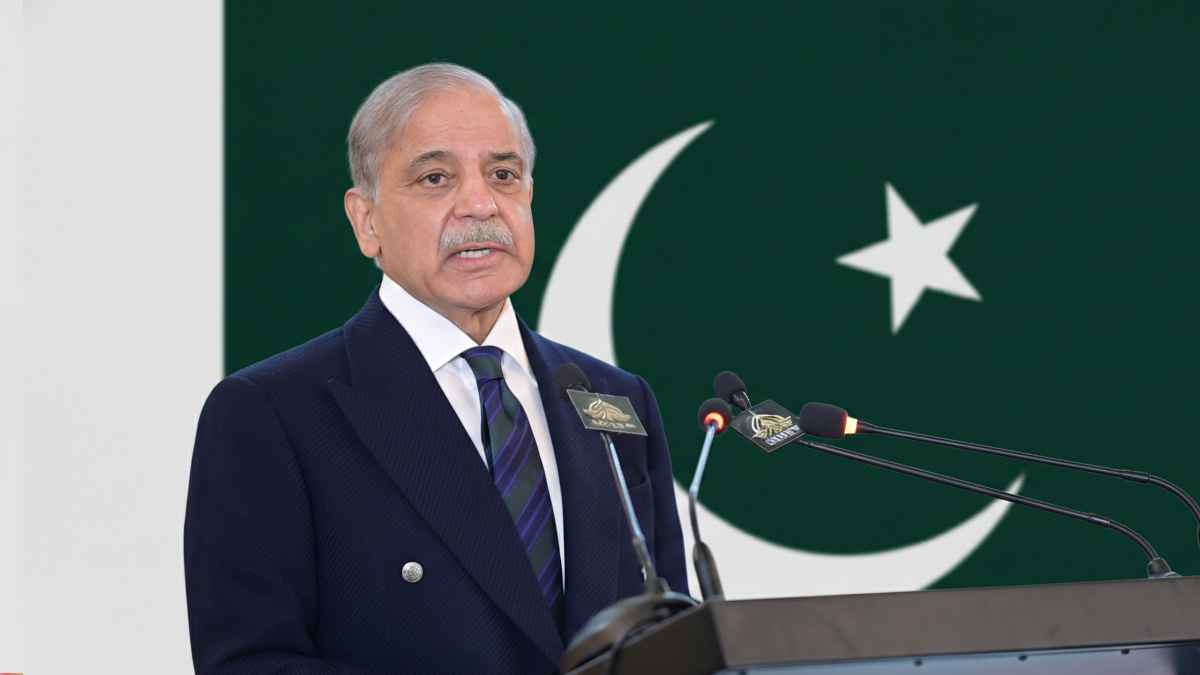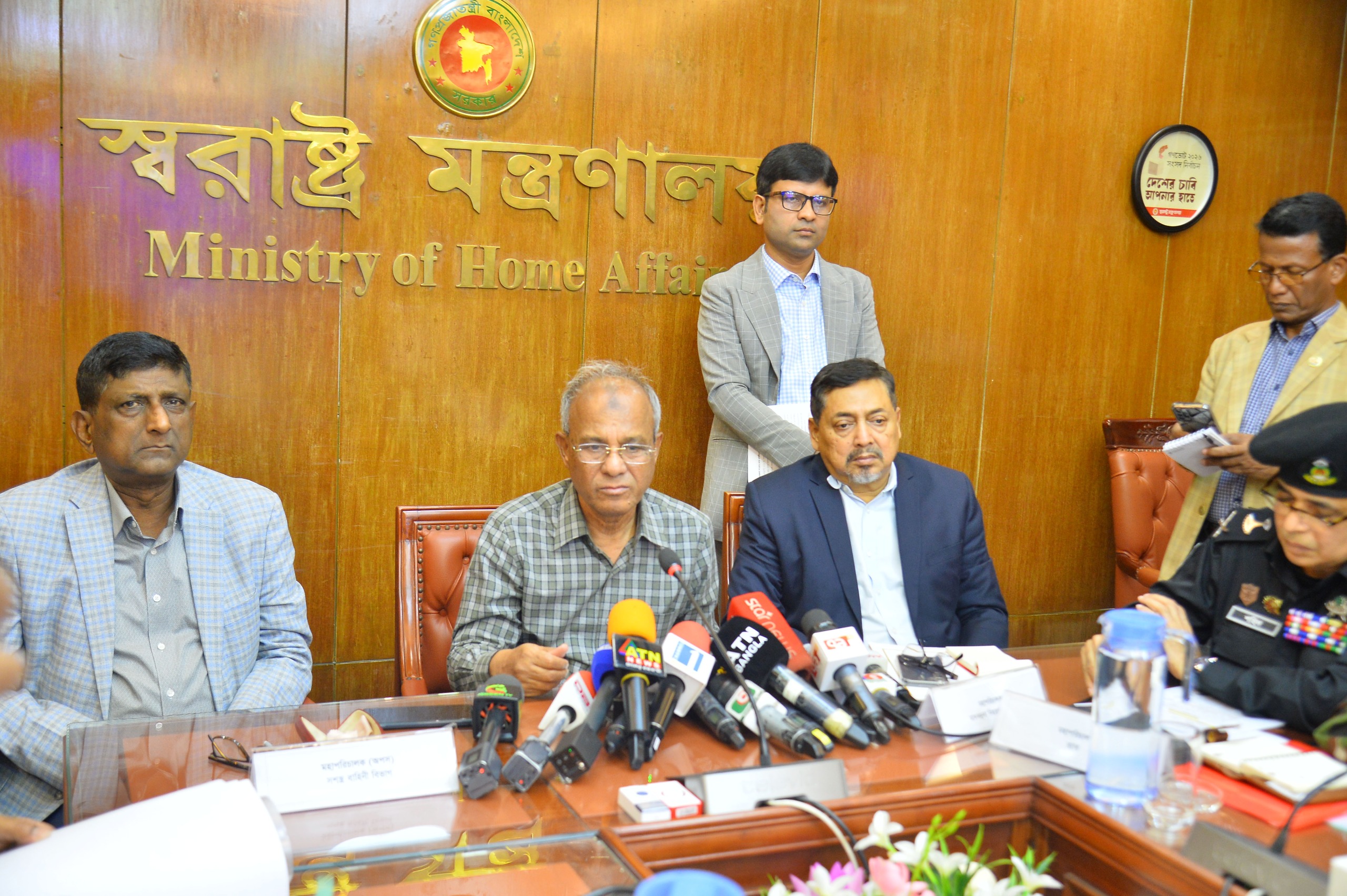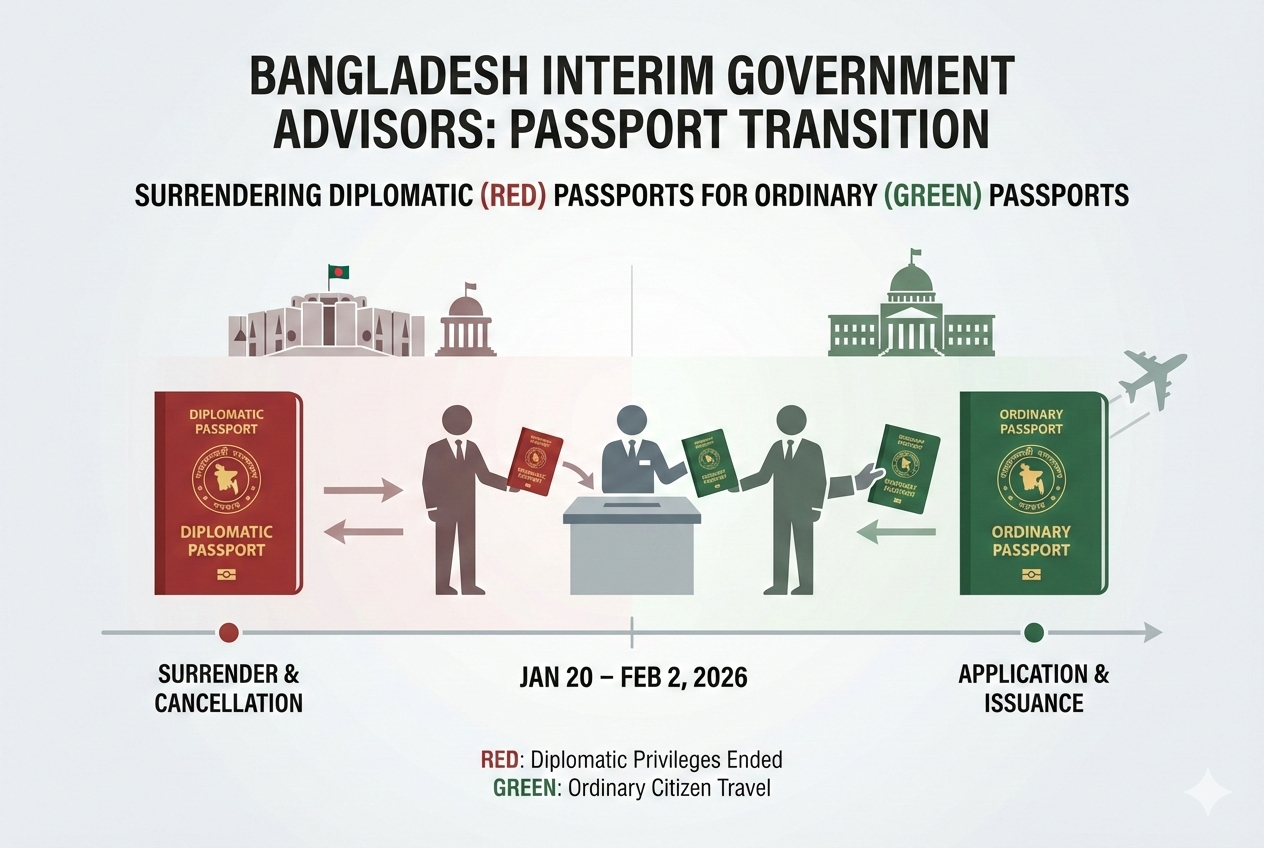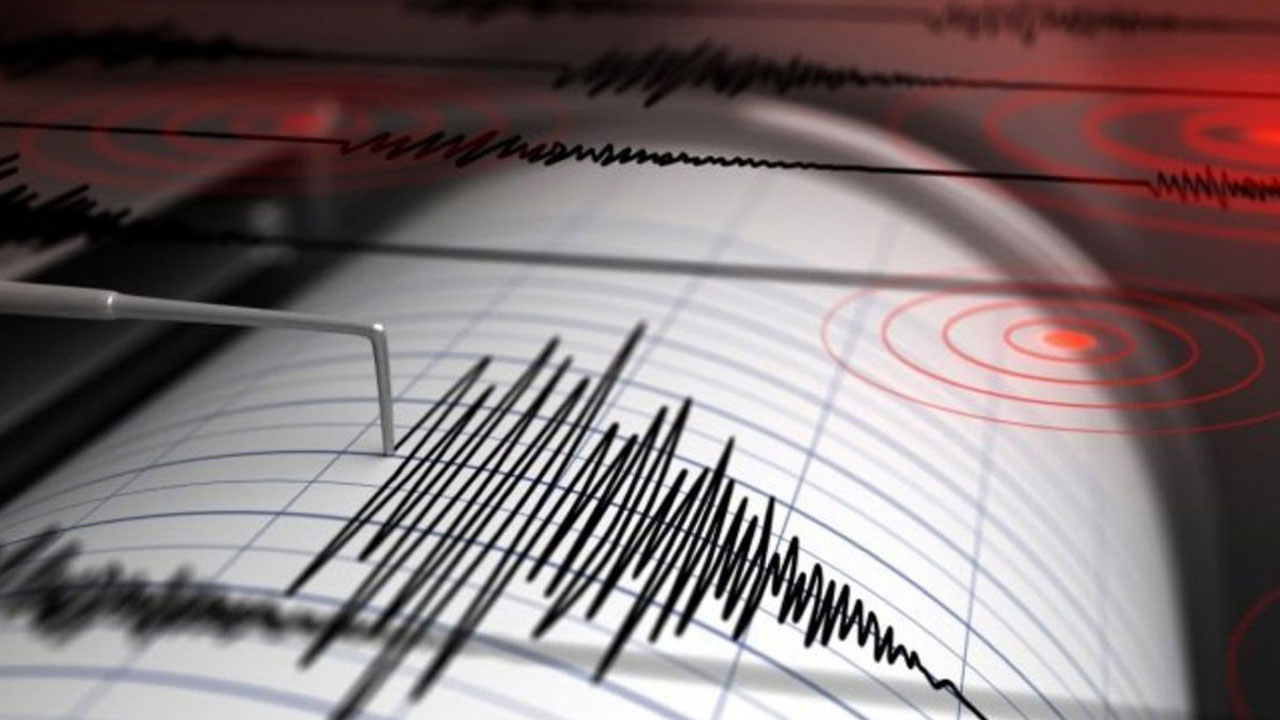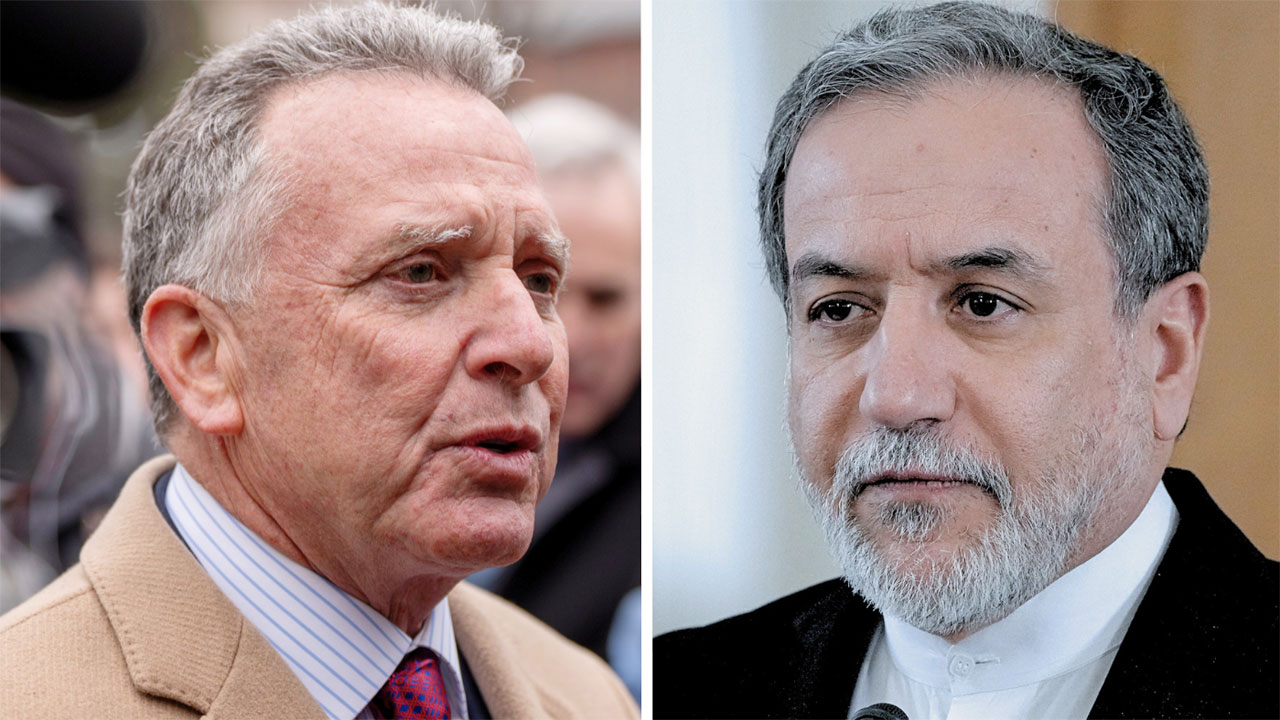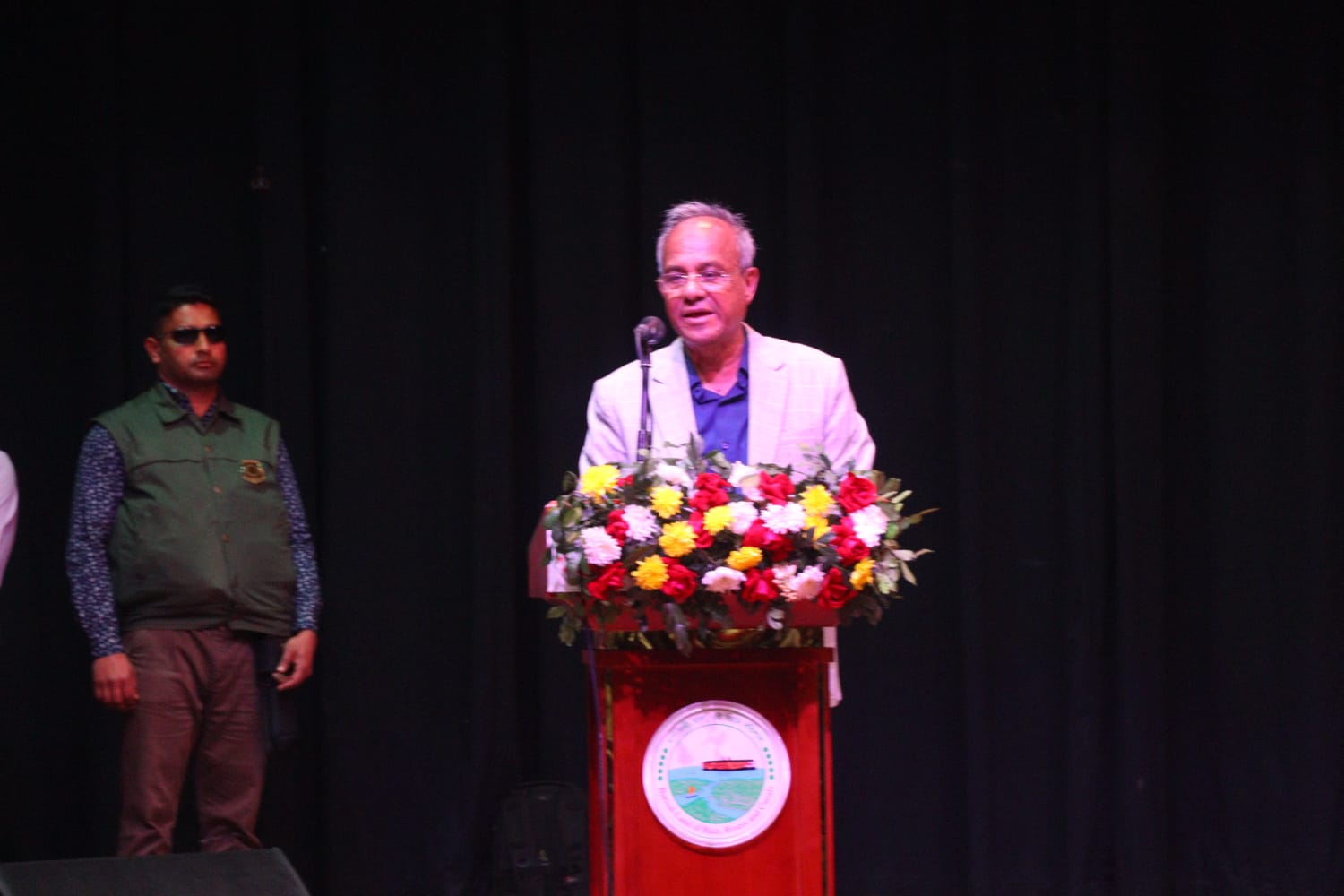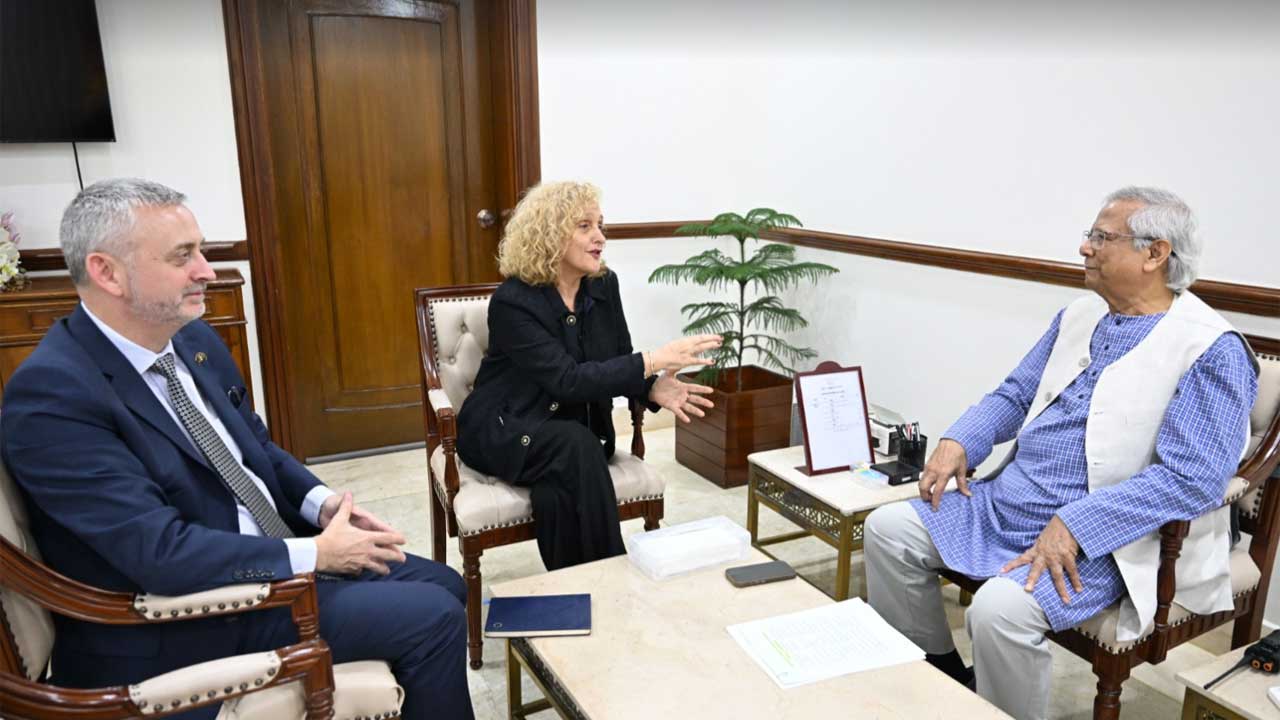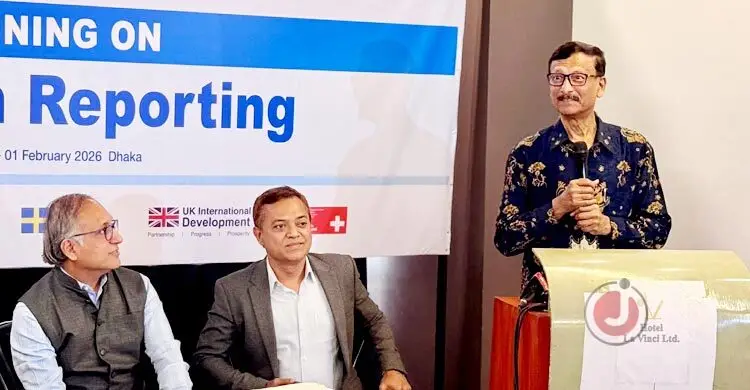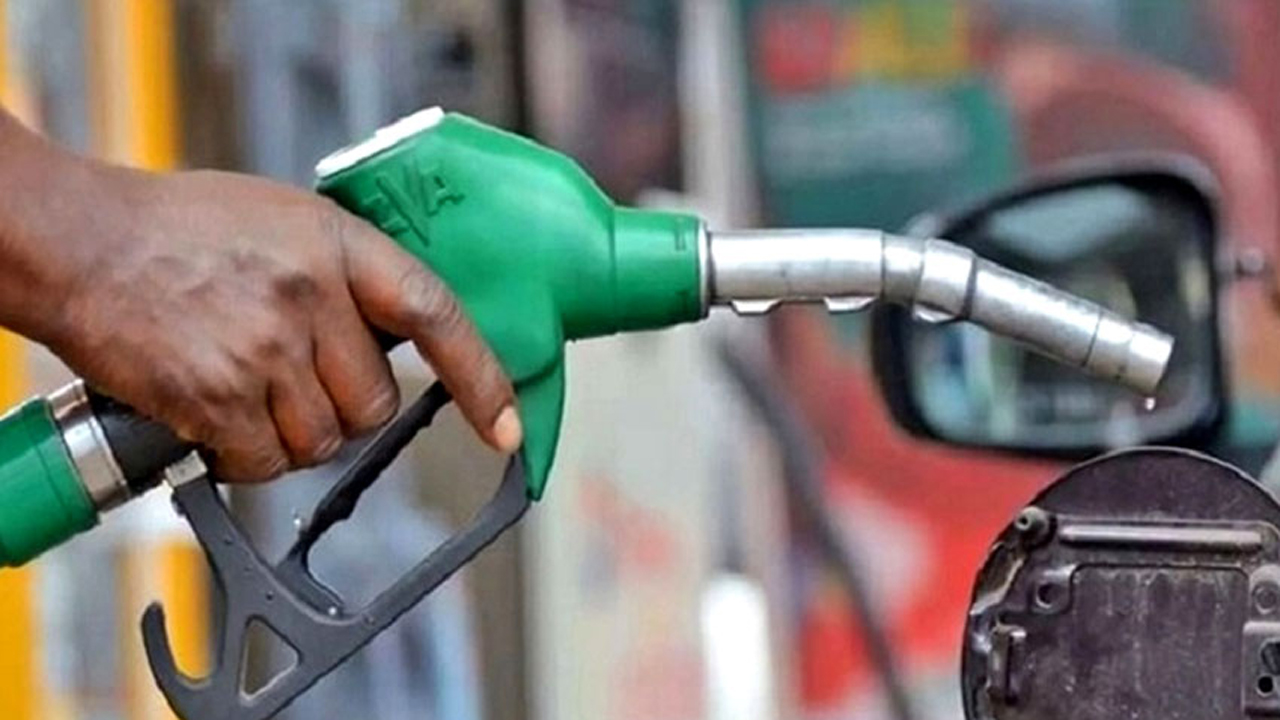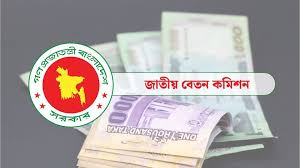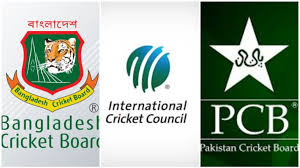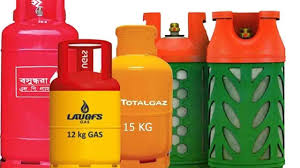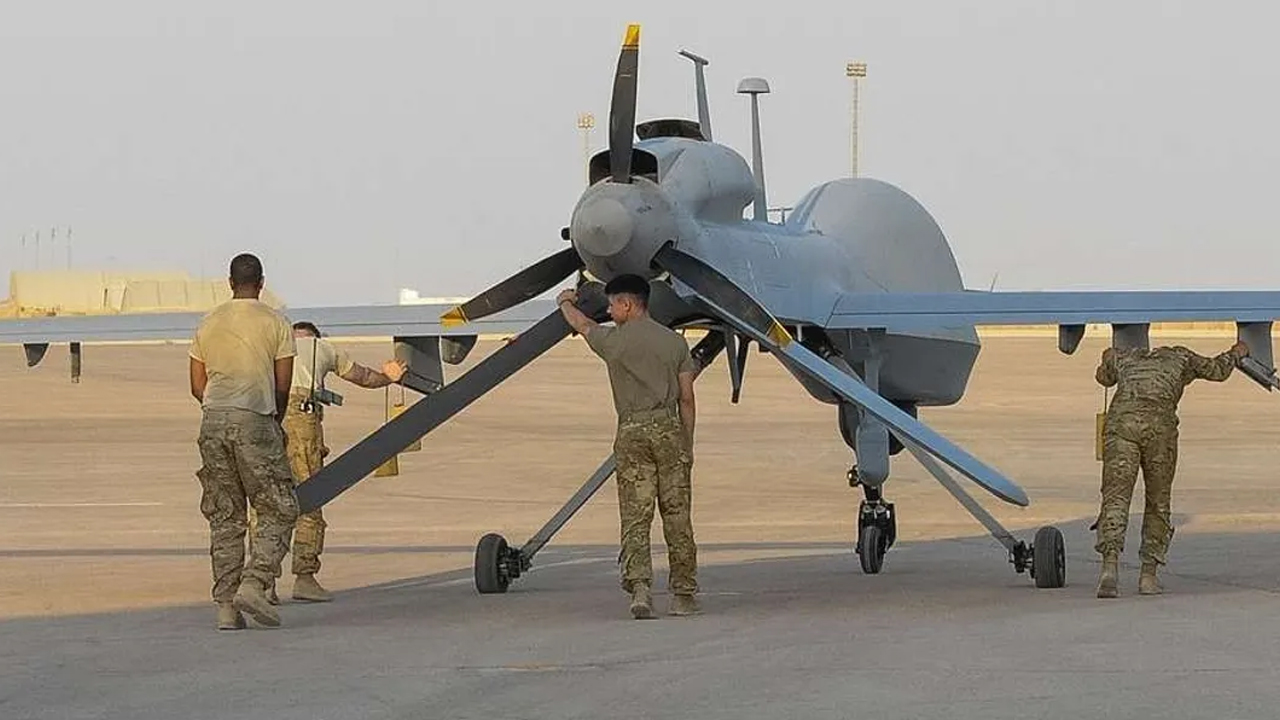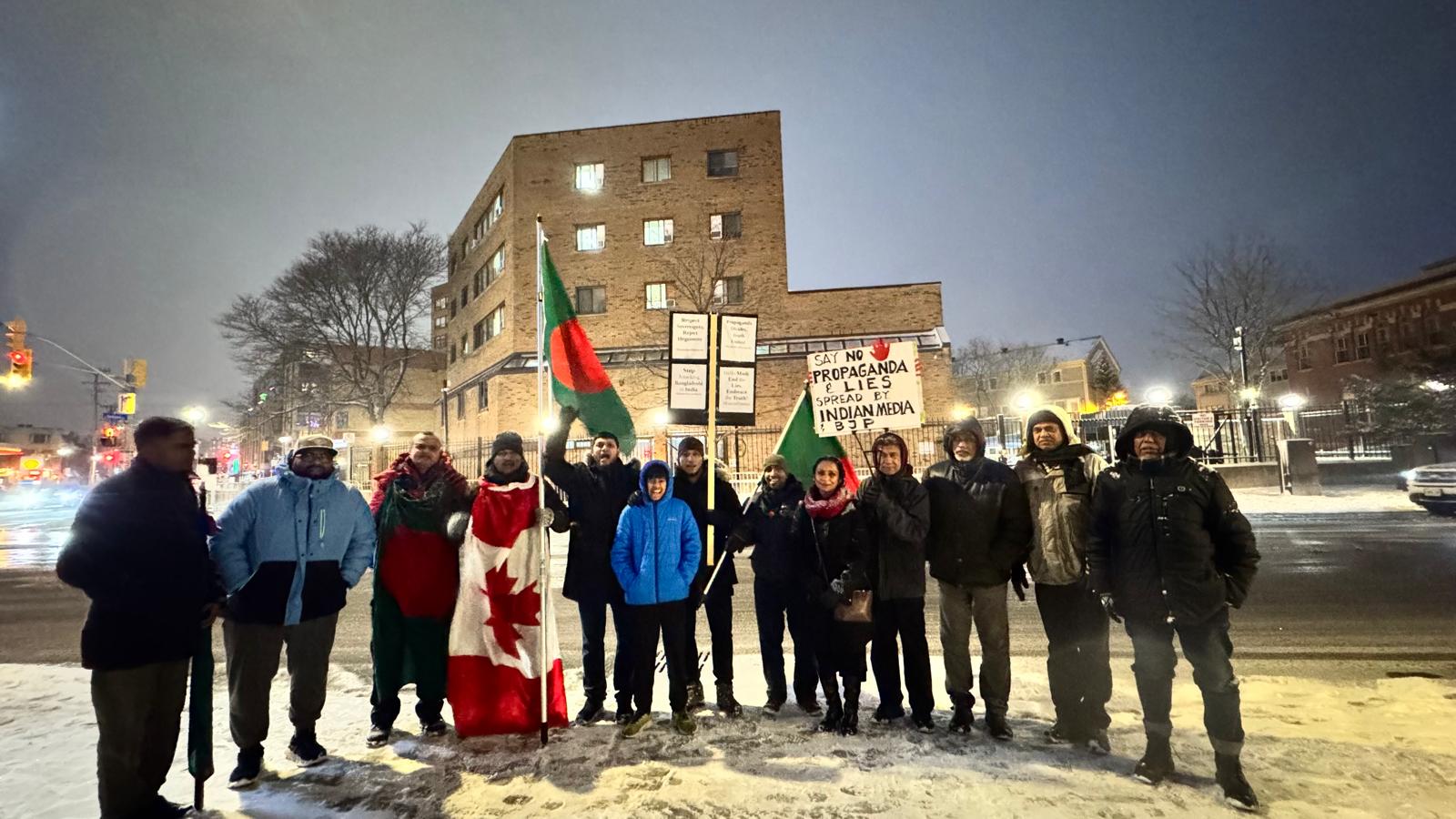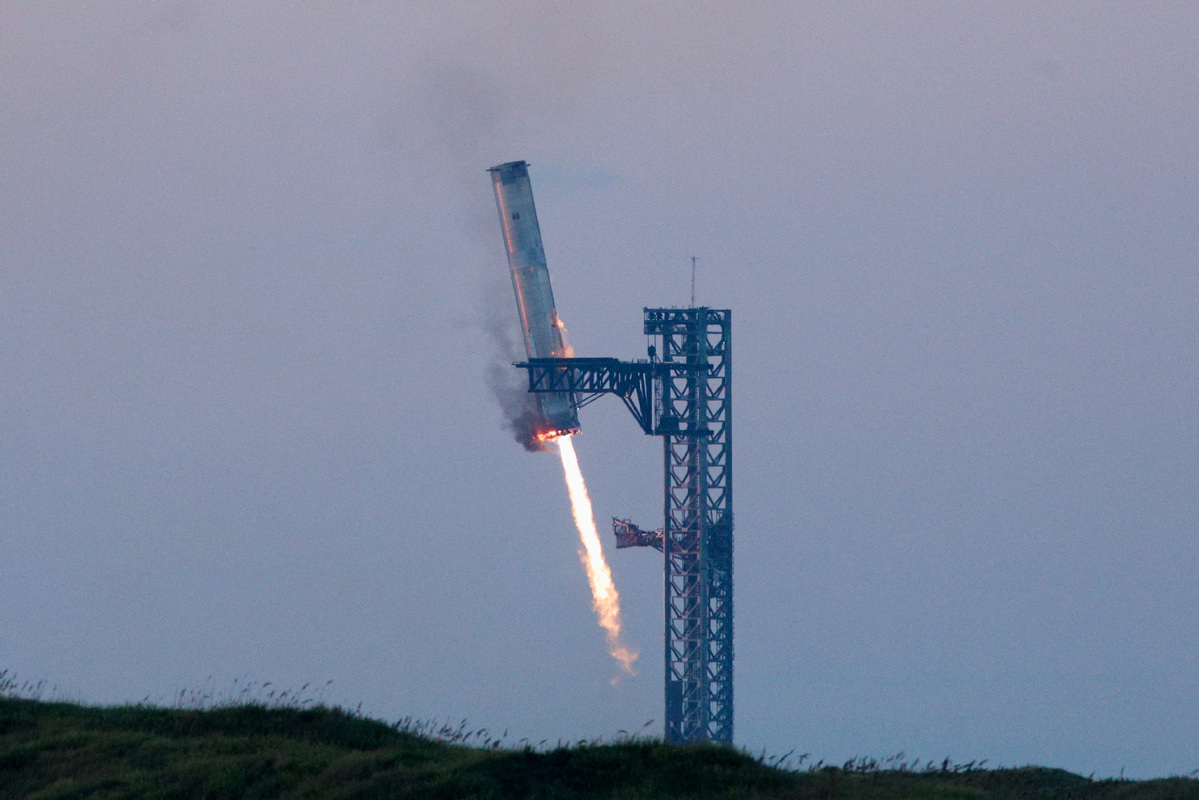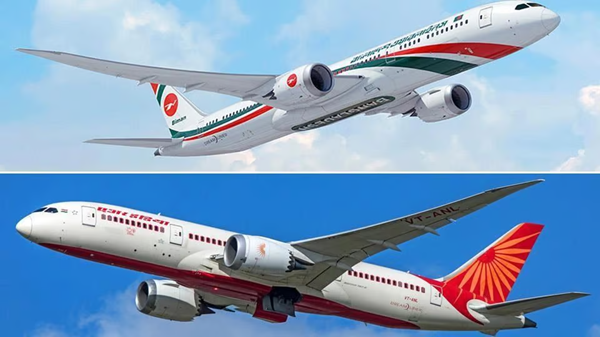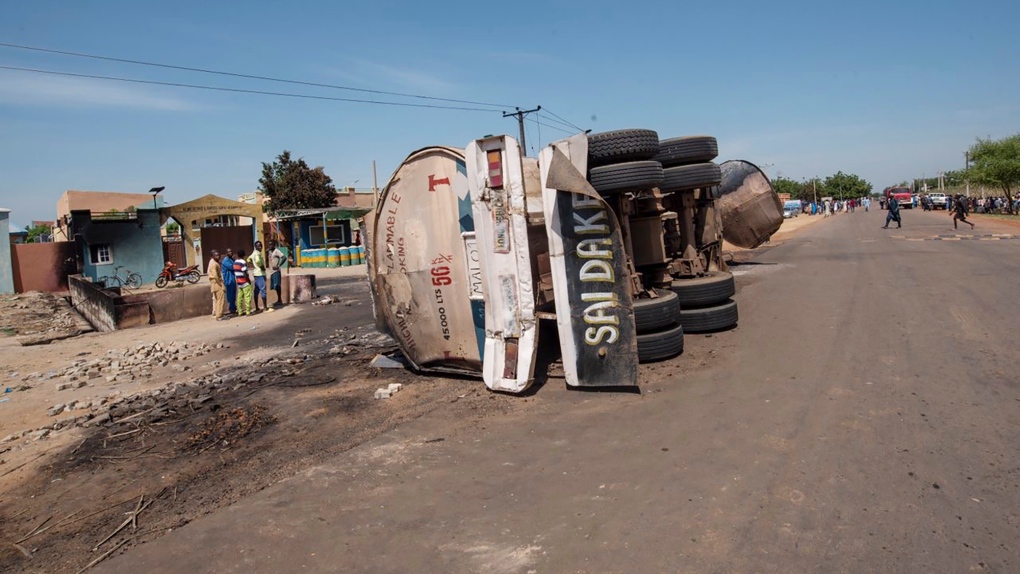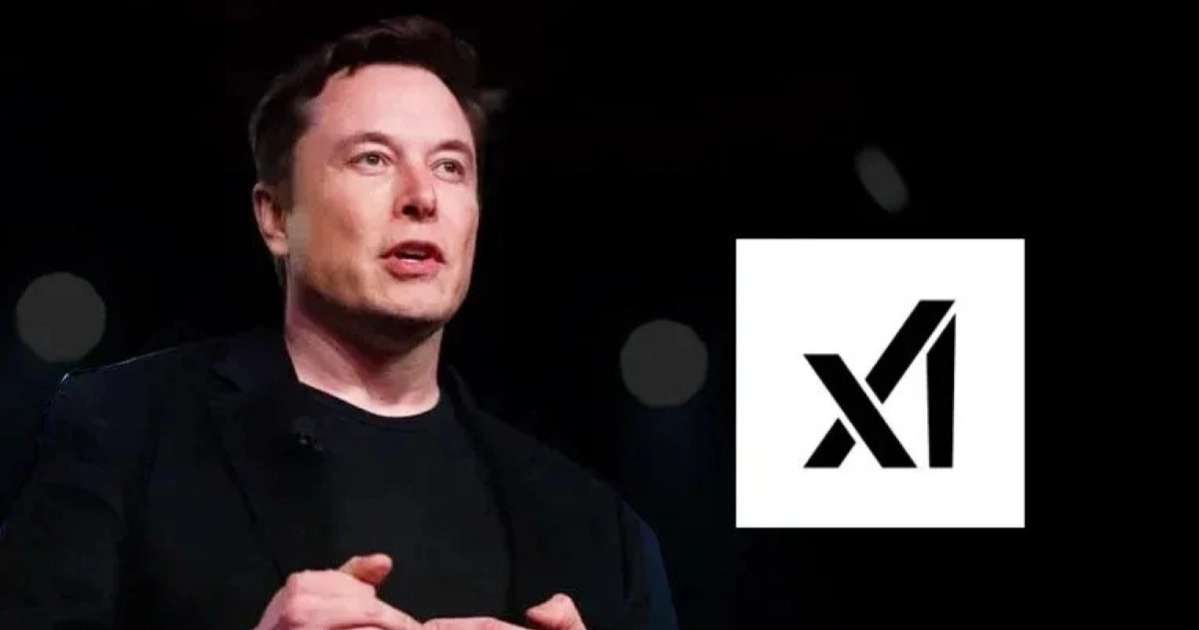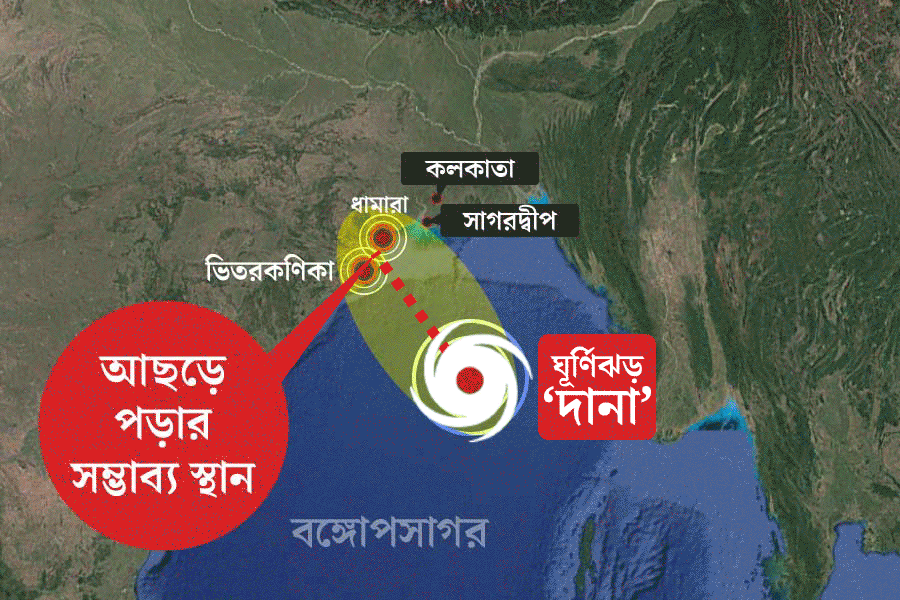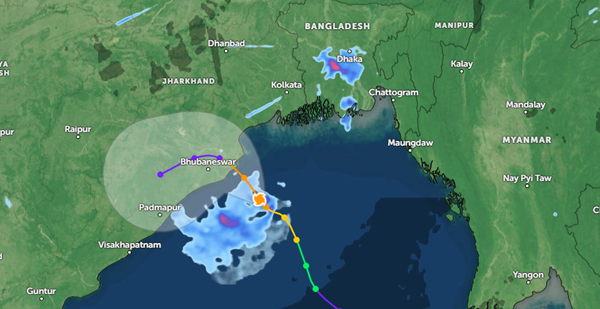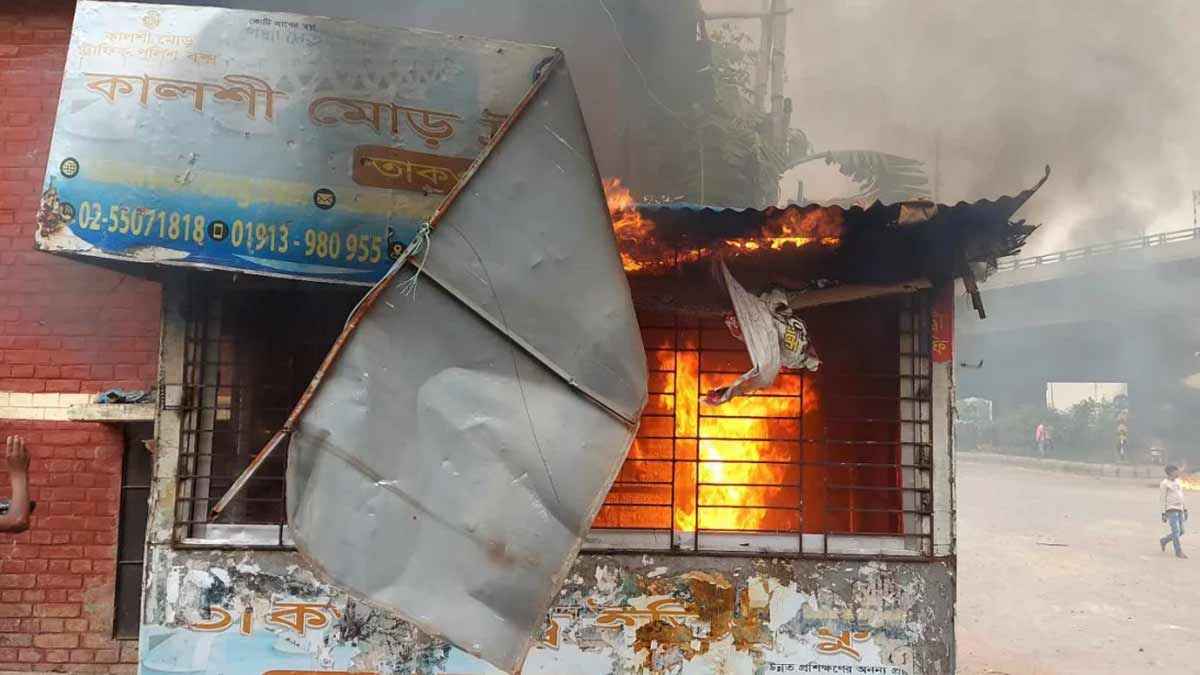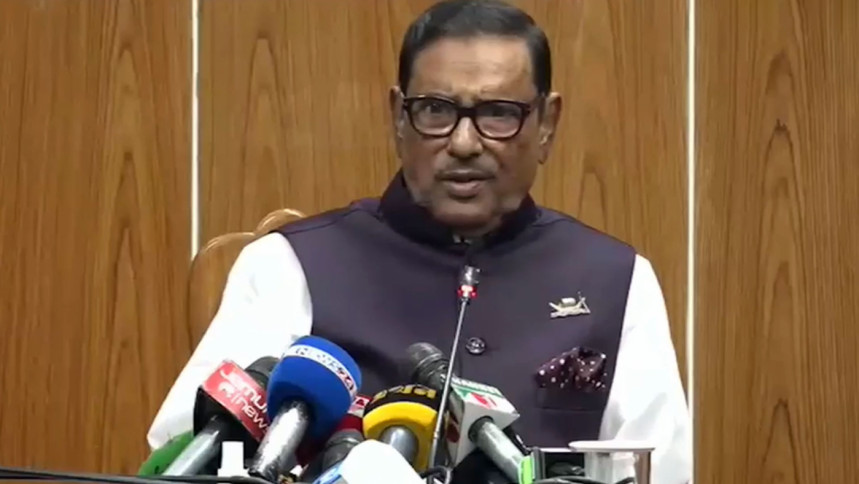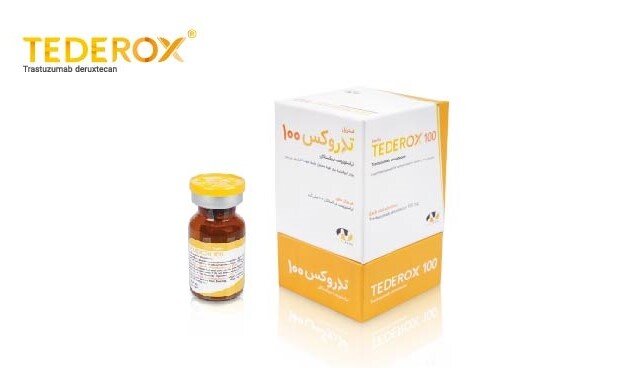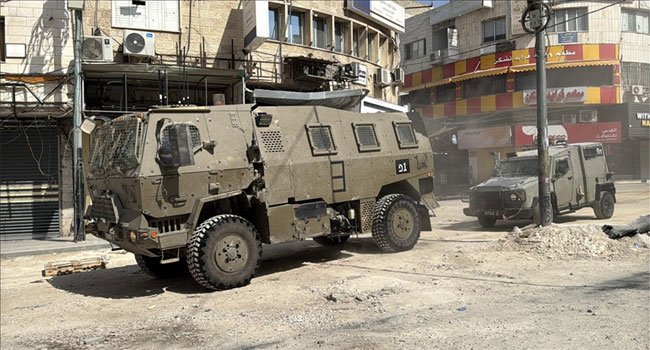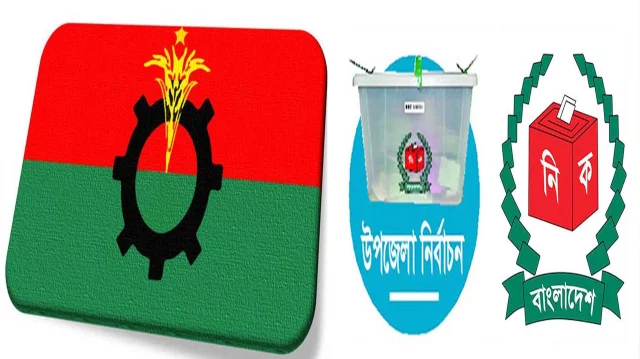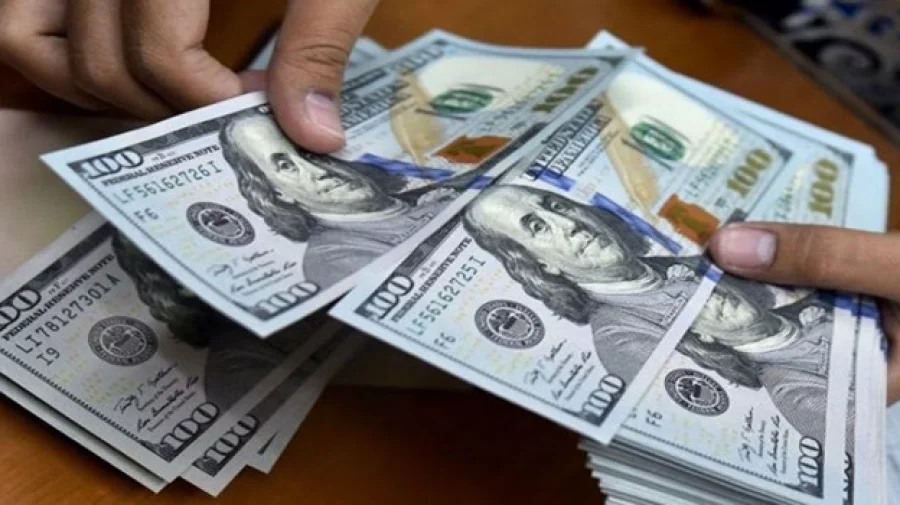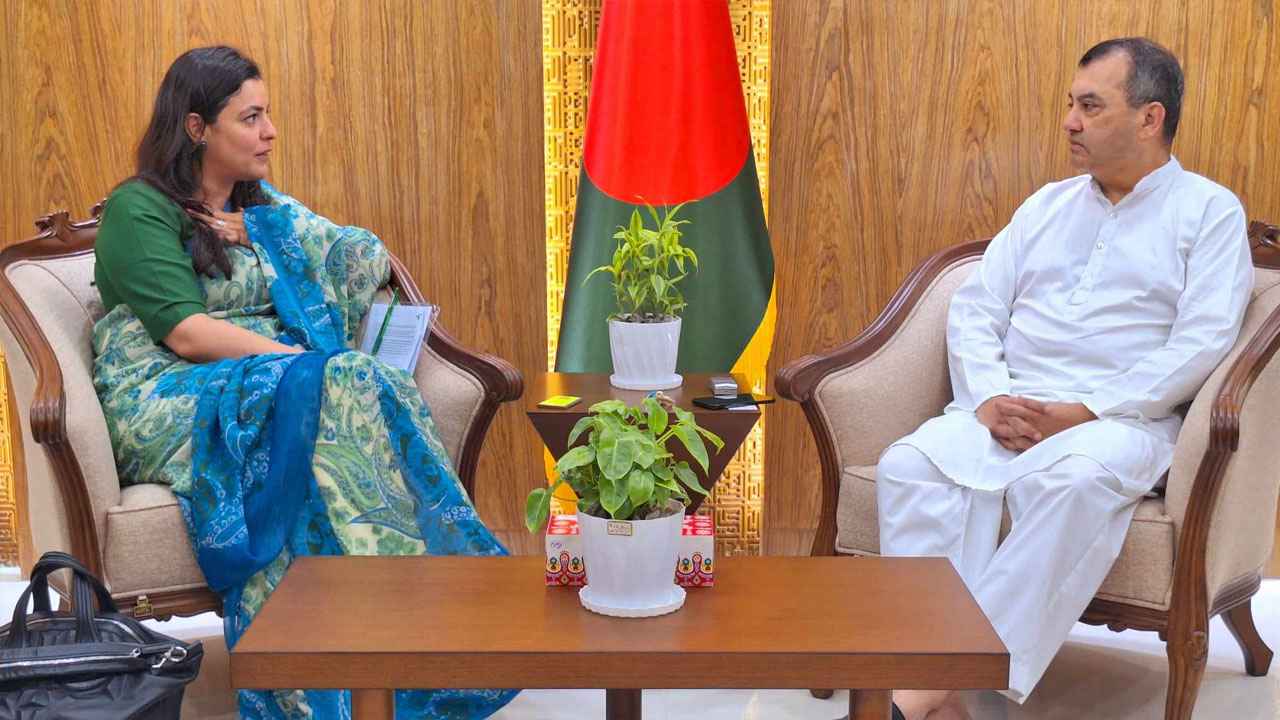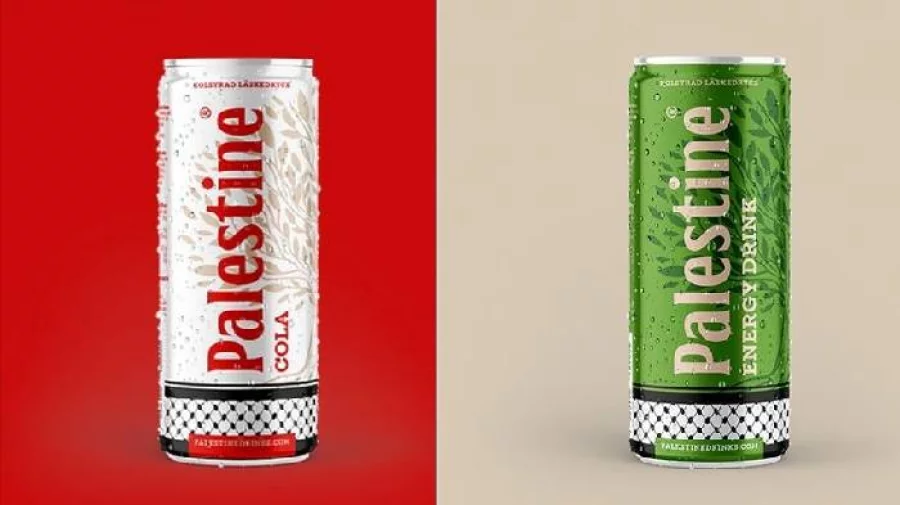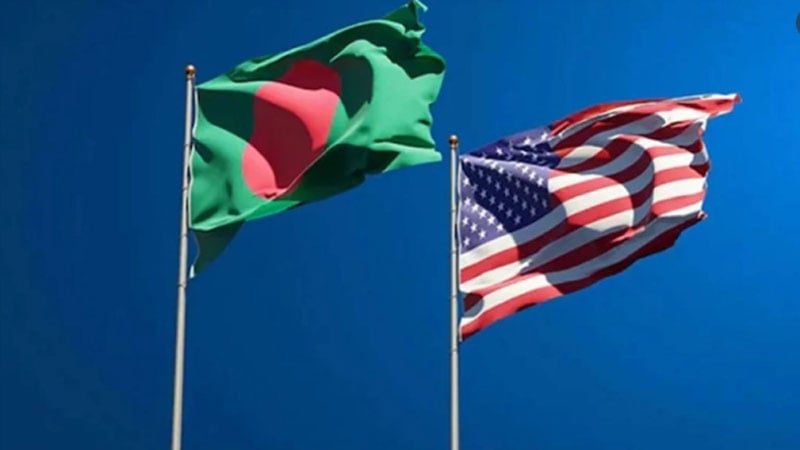
A US government delegation is coming to Dhaka next week for a three-day visit on trade issues. Led by US Assistant Trade Representative Brendan Lynch, the delegation will hold another round of discussions on the US's 'retaliatory tariffs' on Bangladeshi products. At the same time, it will discuss the finalization of a trade agreement between the two countries based on its previous agreement with Bangladesh. This information was revealed by sources in the Ministry of Commerce.
Commerce Ministry officials said that on August 7, the United States reduced the countervailing duty rate for Bangladesh by 20 percent. No agreement has been reached with the country yet. Dhaka wants to reach an agreement with Washington by reducing the countervailing duty to at least 15 percent. For this reason, the Commerce Ministry is seeking time from the USTR for negotiations. In response, a delegation led by Assistant USTR Brendan Lynch is visiting Dhaka. He is responsible for implementing US trade policy for South and Central Asia.
Commerce Secretary Mahbubur Rahman told Samakal that Bangladesh will propose to reduce the duty a little more. If both sides reach a consensus in the discussions, the US-Bangladesh mutual trade agreement will be finalized.
According to sources in the Ministry of Commerce, US officials are scheduled to arrive in Dhaka on a three-day visit on September 14. In addition to the meeting with the Ministry of Commerce, the delegation is also scheduled to meet with the interim government's Chief Advisor Dr. Muhammad Yunus, Foreign Affairs Advisor Md. Towhid Hossain and Foreign Secretary Asad Alam Siam.
It is learned that the US-Bangladesh mutual trade agreement was supposed to be signed last August, but it was postponed with the consent of both countries. Because Bangladesh wants to reduce tariffs further. The US is also taking time to review Bangladesh's arguments in favor of reducing them. USTR has prepared a draft of the agreement. Once the draft is finalized based on the consensus of the two countries, the agreement will be signed after fixing the date.
US President Donald Trump had left room for negotiations by first announcing 37 percent and then 35 percent 'retaliatory tariffs' on Bangladeshi goods. After the third round of talks in Washington, the retaliatory tariffs were reduced to 20 percent on July 31. However, Bangladesh had to make several concessions for this. A source in the Ministry of Commerce told Samakal that the government had hoped that the concessions promised to the US would reduce the retaliatory tariffs to at least 15 percent or even less.
Bangladesh has promised to increase imports from the United States by $1.5 billion or $1.5 billion in the next one to one and a half years to reduce the trade deficit with the United States from $6 billion. The government will buy 25 aircraft from the US company Boeing in the next few years. This may cost about Tk 50,000 crore in local currency. In addition, seven lakh tons of wheat will be imported every year for a period of five years at a slightly higher price. Bangladesh will increase imports of military goods, civil aircraft parts from the United States, and long-term contracts will be signed for the import of fuel oil and edible oil, wheat and cotton, and liquefied natural gas. No-objection certificates will also be made easier for US investors. Bangladesh will formulate guidelines to make the approval process faster and more transparent so that US capital can easily come to Bangladesh and go to that country from Bangladesh. In all, customs and duty exemptions will be provided to increase imports of US products.
According to sources in the Ministry of Commerce, the United States wants Bangladesh to take action against illegal exports and, if necessary, conduct a joint investigation with the United States. Bangladesh has agreed to this. In addition, Bangladesh will make laws and regulations easily available online to take advantage of public opinion. Import permits will not be made mandatory for importing food or agricultural products from the United States. Bangladesh will not deny the validity of the US electronic bill of lading and will quickly release goods from the country.
It is learned that Bangladesh is giving concessions to the United States on customs, trade, investment, intellectual property, imports, service sector, environment and labor rights, etc. Bangladesh will accept the approval given by the US Food and Drug Administration (FDA) for the import of medical equipment. In addition, Bangladesh will accept the US dairy safety system and the recognition of the import of meat and poultry, processed meat and egg products, and will allow the import of dairy products from the country's cows, sheep or goats.
